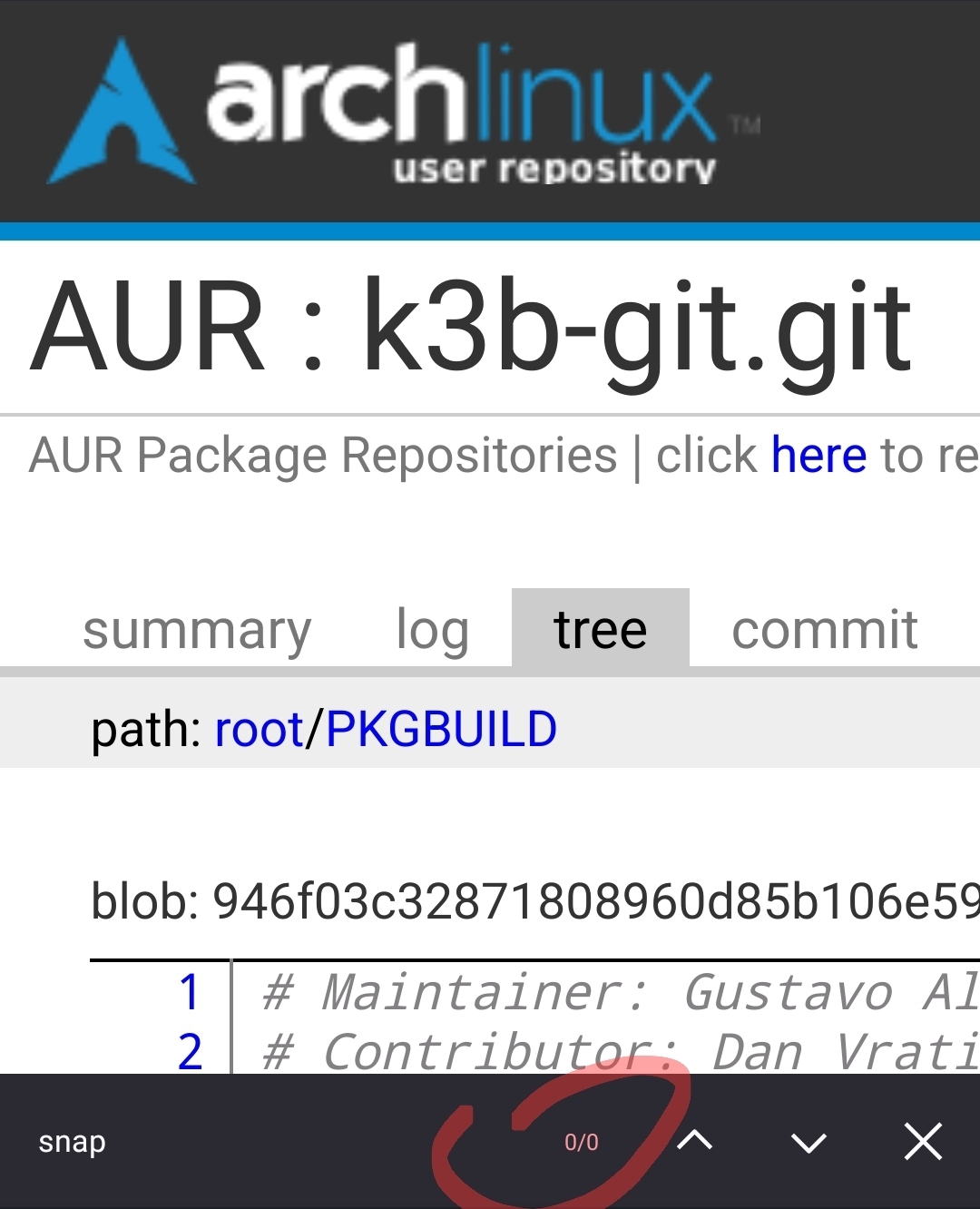I created a script that always installs apps from their official source
https://github.com/Tsu-gu/appfetch/
It’s a proof of concept of an idea I had a while ago. I dislike having to hunt down apps for my Linux machine when I want them from an official source. Some apps are packages as tarballs, some as .debs, some as install scripts that download a binary, some are flatpaks and snaps.
I created a yaml file with only verified apps from flathub and snapcraft, and added a few apps outside of them that I could think of.
The ultimate goal is the user just typing the names of what they want, and the script will just get it. They shouldn’t waste time with picking the right source.


I understand that people treat snap as if it was a contagious virus but the developers chose the method purposely. A lot of KDE apps are only distributed as snaps for example, k3b comes to mind. VLC as well.
There are flatpak versions but they aren’t official, which defeats the point a bit.
I do however plan to somehow add the ability to prefer flatpak, since a few of the entries have both a flatpak and snap field.
They chose it because it’s often the only way they can distribute packages to Ubuntu users. Which was the whole point all along; Canonical taking control of app distribution.
But why choose snap only? Flatpak works on Ubuntu just fine, and on other distros obviously, so they could just choose that. Blender only officially support snap too. Vivaldi for example made a blog post about how snap has better sandboxing of chromium. https://social.vivaldi.net/@ruario/113164179328218870
Because they don’t want to support flatpak.
Well then that has nothing to do with Canonical forcing developers to use snap if they want to appear in the software centre.
Canonical created snap; of course they’re going to push it.
It’d be like if Sony created BluRay and then didn’t do any market/sponsorship/etc.
wild

https://snapcraft.io/k3b
Well guess what, I don’t use or want to use Arch. Pretty sure there’s a nix recipe too, possibly a Void or FreeBSD one too. They aren’t maintaind by KDE itself.